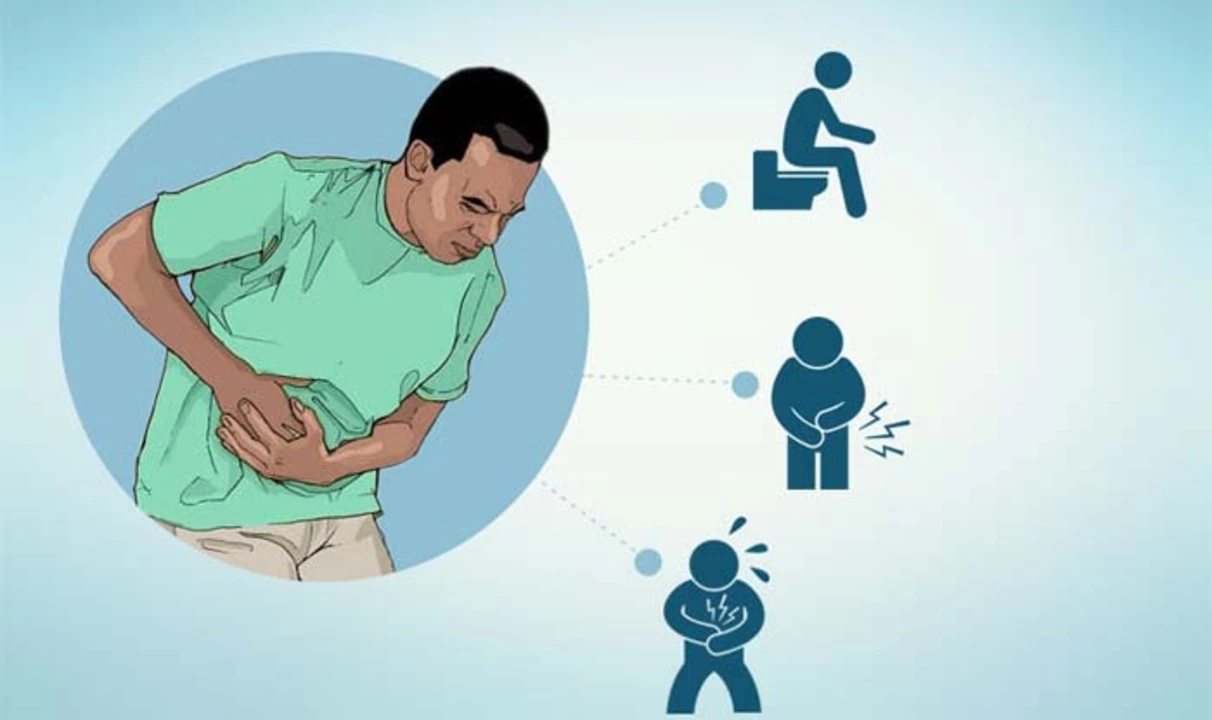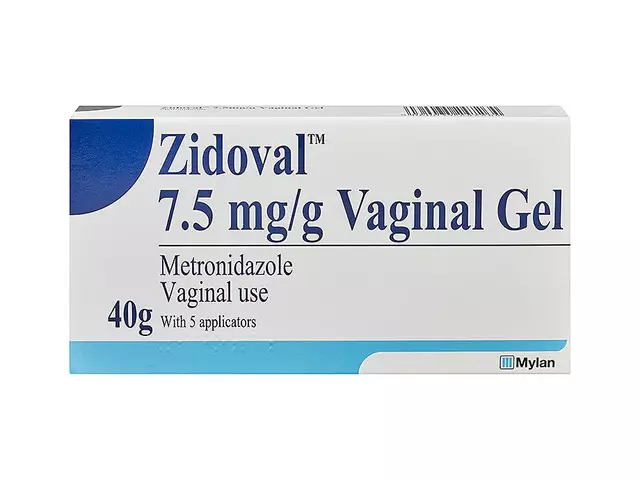Understanding Amoeba Infections: The Basics
Amoeba infections are caused by single-celled organisms that can wreak havoc on our bodies. These microscopic parasites can enter our systems through contaminated water, food, or contact with infected individuals. Amoebas can cause various illnesses, ranging from mild to severe and even life-threatening. In this section, we will cover the basics of amoeba infections, including how they occur, the types of amoebas that can cause infections, and the general symptoms associated with these infections.
Amoebas are found in many environments, including soil, water, and air. Some types of amoebas can live harmlessly within our bodies, while others can cause infections. When harmful amoebas enter our systems, they can multiply and spread, causing damage to our organs and tissues. The most common types of amoeba infections include amoebic dysentery, amoebic liver abscess, and amoebic keratitis.
Recognizing the Signs and Symptoms of Amoeba Infections
It's crucial to recognize the signs and symptoms of amoeba infections to ensure timely treatment and prevent complications. Symptoms can vary greatly depending on the type and severity of the infection. Some common symptoms of amoebic dysentery include abdominal pain, diarrhea, bloody stools, and weight loss. Amoebic liver abscess can cause fever, chills, abdominal pain, and jaundice, while amoebic keratitis presents with eye pain, redness, and blurred vision.
It's important to note that not everyone infected with amoebas will show symptoms, and some may remain asymptomatic carriers. Therefore, it's critical to maintain proper hygiene and take necessary precautions to minimize the risk of infection, even if you don't experience any symptoms.
Diagnosing Amoeba Infections: What to Expect
If you suspect that you have an amoeba infection, it's essential to consult a healthcare professional for proper diagnosis and treatment. Diagnosing an amoeba infection typically involves a combination of medical history, physical examination, and laboratory tests. Your healthcare provider may ask you about your travel history, exposure to contaminated water or food, and any close contacts who may have similar symptoms.
Depending on the suspected type of amoeba infection, your doctor may collect stool samples, blood samples, or even tissue samples for further examination. These samples will be sent to a laboratory for testing, where they can identify the specific amoebas causing the infection and determine the most effective treatment options.
Effective Treatment Options for Amoeba Infections
Treating amoeba infections typically involves a combination of medications, lifestyle modifications, and supportive care. The specific treatment plan will depend on the type of amoeba infection, its severity, and your overall health. Many amoeba infections can be effectively treated with prescription medications, such as metronidazole or other antiprotozoal drugs. These medications work by killing the amoebas and stopping their growth within your body.
In addition to medications, it's crucial to maintain proper hydration and nutrition during the treatment process, as many amoeba infections can cause diarrhea and dehydration. Your healthcare provider may recommend drinking plenty of fluids, consuming a balanced diet, and taking over-the-counter medications to manage symptoms, such as pain relievers or anti-diarrheal medications.
Preventing Amoeba Infections: Tips for Staying Safe
The best way to protect yourself from amoeba infections is to practice good hygiene and take precautions when traveling or in high-risk areas. Here are some tips for preventing amoeba infections:
- Wash your hands regularly with soap and water, especially before preparing or consuming food, and after using the restroom.
- Avoid consuming untreated water, such as water from lakes, rivers, or ponds. Always drink water from safe, treated sources, or use a reliable water purification method.
- Be cautious about the food you eat, especially when traveling. Opt for cooked food and avoid raw or undercooked meats, seafood, and vegetables.
- Practice safe sex and use barrier protection, such as condoms, to minimize the risk of transmitting or acquiring amoeba infections through sexual contact.
- Wear protective gear, such as goggles, when swimming in bodies of water that may be contaminated with amoebas.
- Seek immediate medical attention if you suspect that you have an amoeba infection, and follow your healthcare provider's recommendations for proper treatment and care.
Living with Amoeba Infections: Managing Long-Term Effects
While many amoeba infections can be effectively treated with medications, some individuals may experience long-term effects from the infection. These may include damage to the affected organs, chronic pain, or ongoing gastrointestinal issues. It's essential to work closely with your healthcare provider to manage these long-term effects and maintain your overall health.
Regular check-ups and monitoring can help detect any complications or changes in your condition, allowing for timely interventions and adjustments to your treatment plan. Additionally, adopting a healthy lifestyle, including proper nutrition, regular exercise, and stress management, can help support your body's healing process and prevent future infections.





Namit Kumar
India's municipal water treatment still lags behind many developed nations, and that gap fuels amoeba outbreaks in rural areas. When people rely on untreated river water for drinking or cooking, they open the door to parasites that can cause severe dysentery or liver abscesses. Investing in proper filtration and public awareness is essential, and the government must prioritize safe water infrastructure. 🙂
Sam Rail
Thanks for the rundown, very helpful!
Taryn Thompson
Amoebic infections, while relatively rare in temperate regions, present a diagnostic challenge that many clinicians underestimate.
The key to early detection lies in a thorough patient history that includes travel to endemic areas, exposure to untreated water, and any recent gastrointestinal disturbances.
Laboratory confirmation typically starts with stool microscopy, which can reveal trophozoites or cysts, though sensitivity varies.
In cases of suspected liver involvement, imaging studies such as ultrasound or CT scans help localize abscesses and guide aspiration.
Serological tests, including ELISA for Entamoeba histolytica antibodies, provide ancillary support when direct detection fails.
Molecular techniques, like PCR, are increasingly accessible and can differentiate pathogenic species from non‑pathogenic commensals.
Once a diagnosis is confirmed, metronidazole remains the first‑line therapy for most invasive amoebiasis, typically administered for 7–10 days.
Follow‑up treatment with a luminal agent, such as paromomycin, eradicates residual cysts and reduces recurrence risk.
Patients with hepatic abscesses often require percutaneous drainage in addition to antimicrobial therapy to accelerate recovery.
Ophthalmic involvement, although uncommon, demands urgent referral to an eye specialist and may necessitate topical anti‑amoebic agents.
Hydration and electrolyte management are crucial throughout treatment, as persistent diarrhea can precipitate severe dehydration.
Nutritional support, including a bland diet rich in easily digestible carbohydrates, aids intestinal healing.
Monitoring liver function tests during therapy helps detect drug‑induced hepatotoxicity early.
Education on safe water practices should be reinforced at each follow‑up visit to prevent reinfection.
In endemic regions, community‑based water purification programs have demonstrated measurable reductions in disease incidence.
Ultimately, a multidisciplinary approach-combining accurate laboratory diagnostics, appropriate pharmacotherapy, and public health interventions-offers the best chance for full recovery and long‑term protection.
Lisa Lower
Stay on top of your health by never skipping the basics – wash your hands, drink only filtered water, and keep your wounds clean. You can beat these tiny parasites with simple habits that anyone can follow. Remember that prevention is cheaper than any prescription you might need later on. Keep a bottle of bottled water while traveling and avoid ice made from unknown sources. Your body will thank you for the consistent effort and you’ll stay far from the hospital doors.
Dana Sellers
People need to stop being careless – drinking dirty water is just dumb and puts everyone at risk. If you love your family think about their safety before you gulp from a pond. Simple steps like boiling water or using a filter aren’t hard at all. Stop making excuses and do the right thing.
Damon Farnham
One must, quite frankly, recognize that the average person, with limited access to cutting‑edge diagnostics, is hopelessly outmatched, when confronted by the insidious nature of amoebic pathogens, which, as any seasoned infectious disease specialist will attest, require advanced laboratory facilities, precise molecular assays, and, inevitably, a level of medical sophistication, that is simply unavailable to the masses; therefore, it is no surprise that such infections, though statistically uncommon, disproportionately affect those, who, regrettably, lack the socioeconomic means to obtain timely, effective treatment, a reality that underscores, yet again, the glaring inequities embedded within our global health infrastructure.